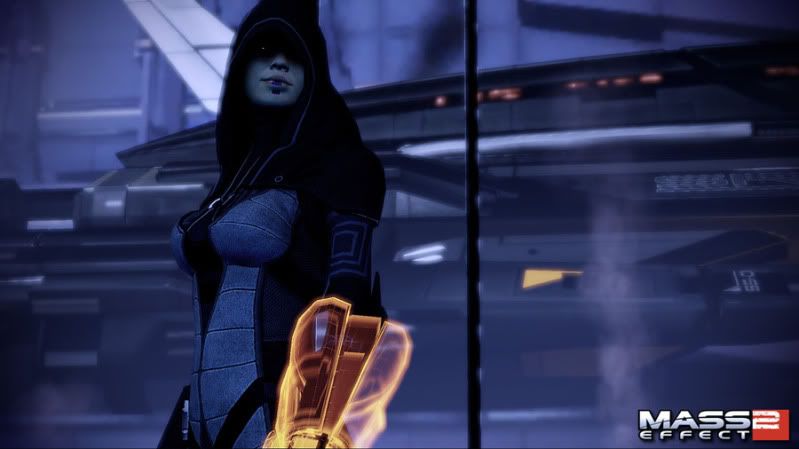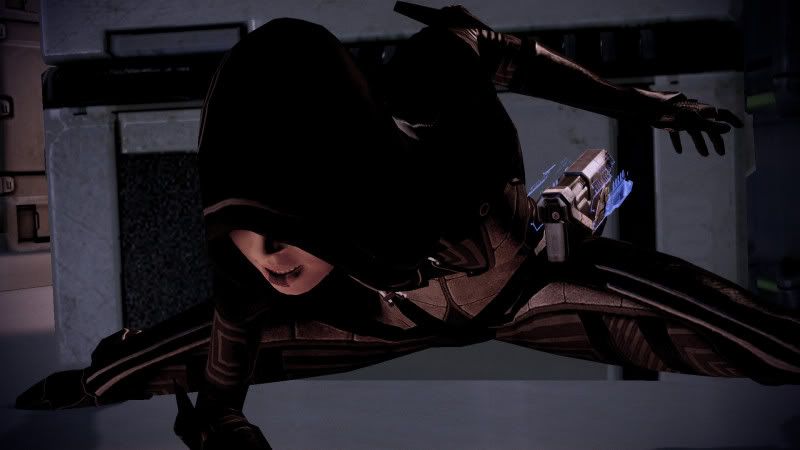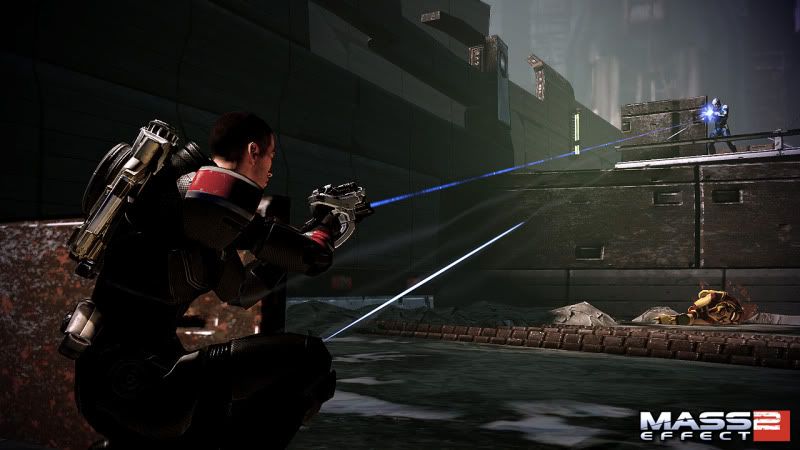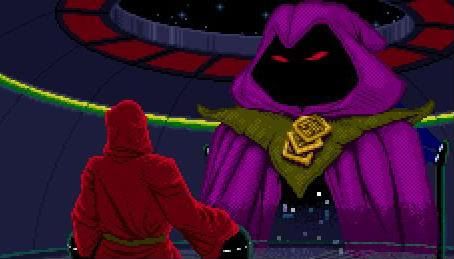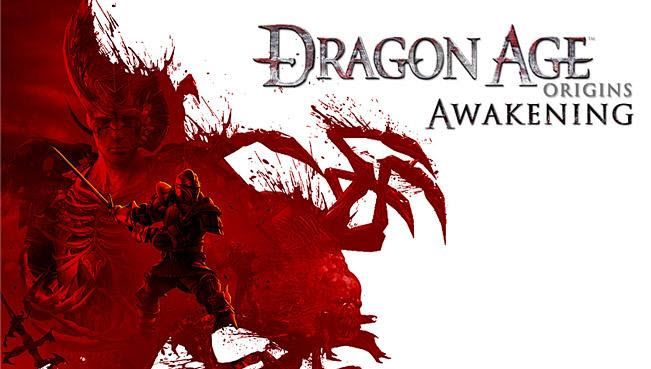
This review contains spoilers. Fairly be ye warned.
This is a review that’s admittedly been a very long time coming. My experience with Dragon Age: Origins, from my initial enthusiasm to my gripes about bugs and length, is pretty well documented. I picked up the expansion, Awakening in lieu of playing through the base game again. Having finally made the time to finish it, long after my wife played, beat and reviewed it herself, I was surprised with how much the expansion had in common with the original game, for better and for worse.
Having saved Ferelden from the Blight, the Grey Wardens now under your command are given the arl of Amaranthine, a land in the northern reaches of the kingdom that formerly belonged to one of your biggest and most irritating enemies. It is your charge to both protect the people of the land and rebuild Vigil’s Keep and the order of Grey Wardens it now houses. This is easier said and done for a variety of reasons. The nobles of Amaranthine are wary of you, the Keep is in shoddy shape and the darkspawn, who usually all but disappear following a Blight, continue to assault the countryside and, despite the loss of the archdemon, appear shockingly organized. It’s down to you to lead the charge against them, and try not to lose your new land in the process.
Stuff I Didn’t Like
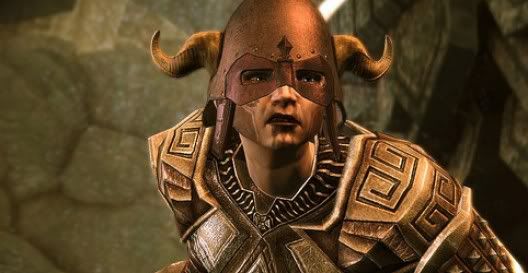
I wore this face of Sigrun’s a lot.
Okay, I know that a patch came out back in July for some of this stuff, but damn are some of the initial bugs in Awakening annoying. Approval ratings on companions were messed up pretty badly, some quests were impossible to complete and others you couldn’t pick up at all. Some of the character posing was a bit off as well. Nothing catapults you out of the gameplay experience like your character wearing a dumb expression or standing in a ridiculous pose while something of great dramatic import is happening.
Another major problem I have with Awakening is a minor one I had with Mass Effect 2. There are fewer opportunities to chat with and get to know your party members. While Anders is Alistaire 2.0 (less shy, magely, every bit as snarky) and Velanna is Morrigan 1.1 (defrosting ice queen but now with pointy ears!), the additions of Nathaniel and Sigrun are quite welcome and I would have liked to talk with them more. And why are there so few opportunities to commiserate with our old friend Oghren over some brews? It’s like walking up to Garrus to ask him how he feels about Tali being back and all he says is something about calibrating the guns on the Normandy, only worse because we get even less dialog with the new characters in Awakening.
Don’t even get me started on how often this game crashed in the middle of a boss fight. I don’t know if it’s this computer or the unpatched game, but it’s like Crash Man got bored working for Dr. Wily and decided to start screwing with Amaranthine instead.
Finally, the game is frustratingly rigid in its handling of its ending. You are given the choice between saving the city of Amaranthine or staying to defend Vigil’s Keep. If you’re like me and got every upgrade for the Keep you could, and left it to save the city hoping to ride back to the Keep in your very own Big Damn Heroes moment, you’re in for a massive disappointment. Also, choose your ending party well, because you’re stuck with them for the rest of the game. Finally, the choice between destroying both the Architect and the Mother and listening to the Architect’s persuasive argument as to why he can and should help you shouldn’t be so black and white. Either you listen to him and give him a chance to free the darkspawn or he’s a monster and you kill him. Where’s the option to enlist his help but then chain him up in the Keep’s dungeon under guard while he does his work to ensure he keeps his word? All in all, Awakening feels a lot less open-ended than its core game.
Stuff I Liked

“Let me live and work to free the darkspawn, and there will be cake.”
On the subject of the Architect, I will admit he’s probably my favorite kind of villain. He’s intelligent, well-spoken, propelled by complex motivations and willing to do just about anything to accomplish his goals that doesn’t compromise them, even allying with the heroes if necessary. Being that my character was an intellectual mage despite wearing plate and swinging a magical sword (Arcane Warriors rock), I listened to what he had to say and saw things from his point of view. Again, it would have been nice to not be tied down to only the two options in this part of the ending, but I appreciate the distinction existed at all. It would have been easy to make him less dimensional and water the motivations of the heroes down to “kill everyone” right from the off.
The new spells, specializations and equipment in the expansion are all pretty well-done. I liked that I could spend skill points to get some increases to hit points and stamina/mana instead of putting more points in tracking or something equally useless. It was difficult for me not to notice that mages were still rather over-powered in comparison to the other classes, and realizing that the final boss fight was a rehash of one from Origins, once I had the positioning down it was a matter of waiting for the big area of effect spells to recharge after casting them one on top of the other. Still, it added to the epic feeling of the game, even if it was felt a bit “more of the same.”
Stuff I Loved
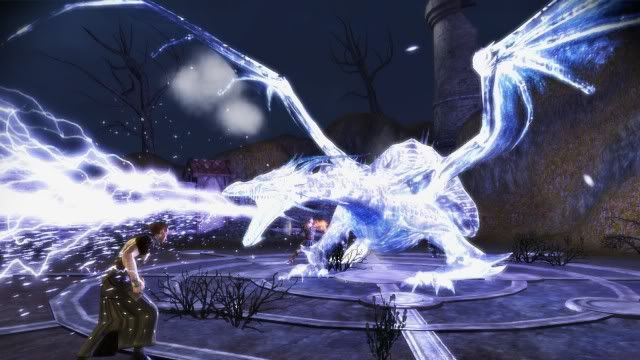
Yeah. “Fucking epic” indeed.
The Queen of the Blackmarsh, on the other hand, was a breath of fresh air. Or lightning. Not only was her introduction pretty damn epic, the fight itself felt like it belonged in an instance in World of Warcraft. It required changing tactics mid-fight, coordinating party position and being fully aware of what was going on. Provided you didn’t get killed by Crash Man, the process of trial and error was that equal part of frustrating and exhilarating that I’d missed for most of Dragon Age.
What dialog we do get from the new characters is pretty well-written. It shouldn’t come as a surprise that one of the things I love about most of BioWare’s work is the character interactions they build into their games, and Awakening is no exception. In addition to this, the actual story of Awakening is well-told for being somewhat unnecessary in the wake of the core game. It conveys a lot of that medieval fantasy feel and continues the BioWare tradition of hard decisions that need to be made. While there’s surprisingly less coherence between this expansion and Dragon Age: Origins than there is between the two Mass Effect games, it’s still more time spent in a well-realized and familiar setting. In addition to decent writing and memorable characters, BioWare seems very good at world-building. And this one didn’t require the applied phlebotinum of Element Zero, unless you count lyrium.
Bottom Line: The biggest thing that kept me from finishing this expansion sooner than I did were the problems I had with its bugs, crashes, companions, structure and superfluousness. Unlike Mass Effect 2, which recaptures and deepens the experience of being in that particular world, Dragon Age: Origins: Awakening: Revenge of the Colon is an expansion in every sense of the world. Everything from the core game is extended, from the stuff you liked (companions, classes, epic scope) to the stuff you hated (bugs, length, stupid story points). If you’re a fan of the core game and are curious to see what the characters are like with a few extra levels or what came after the fall of the archdemon, pick this up. Otherwise, I think you’re better suited waiting for Dragon Age 2.

